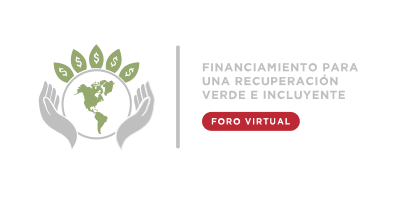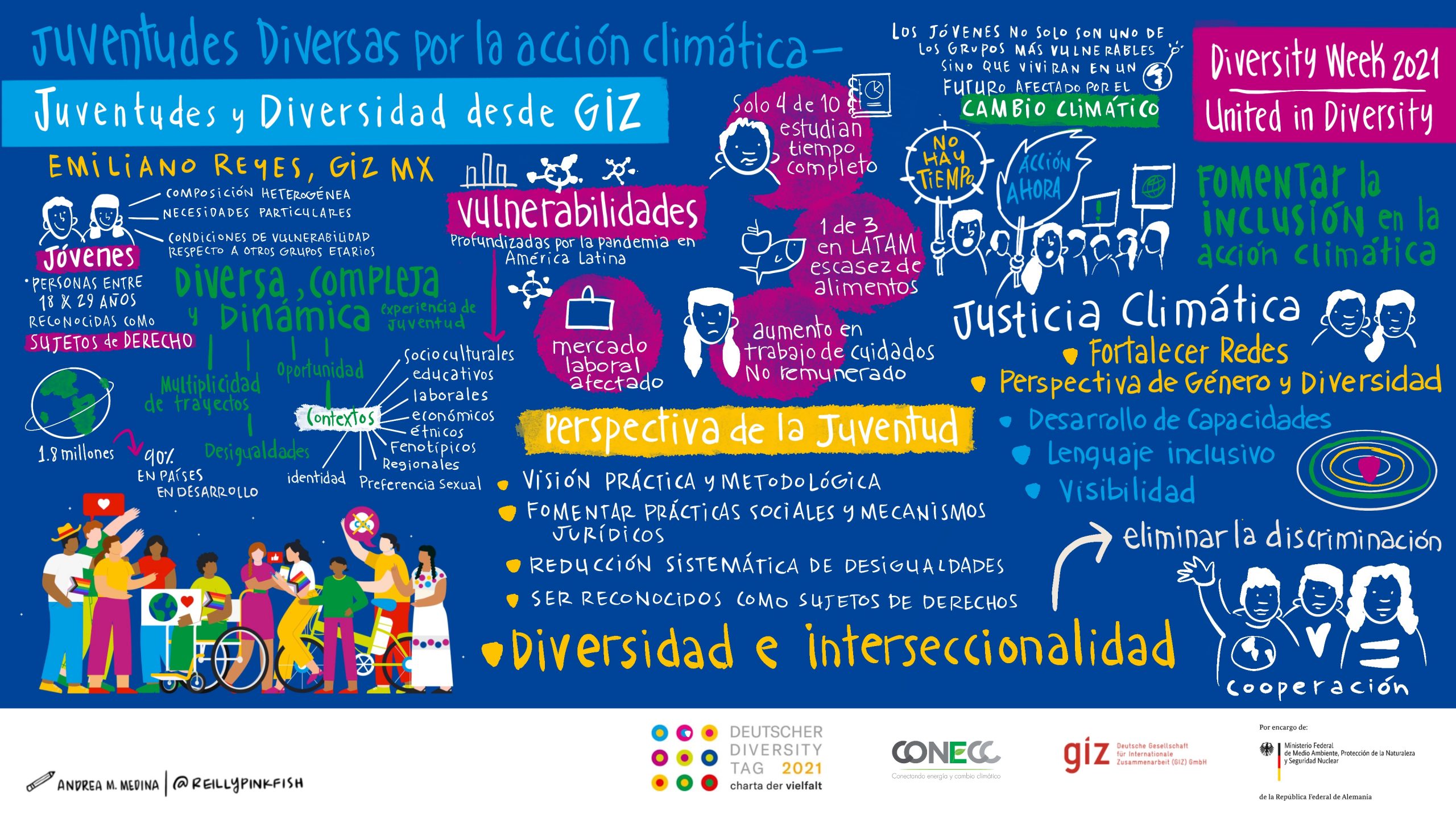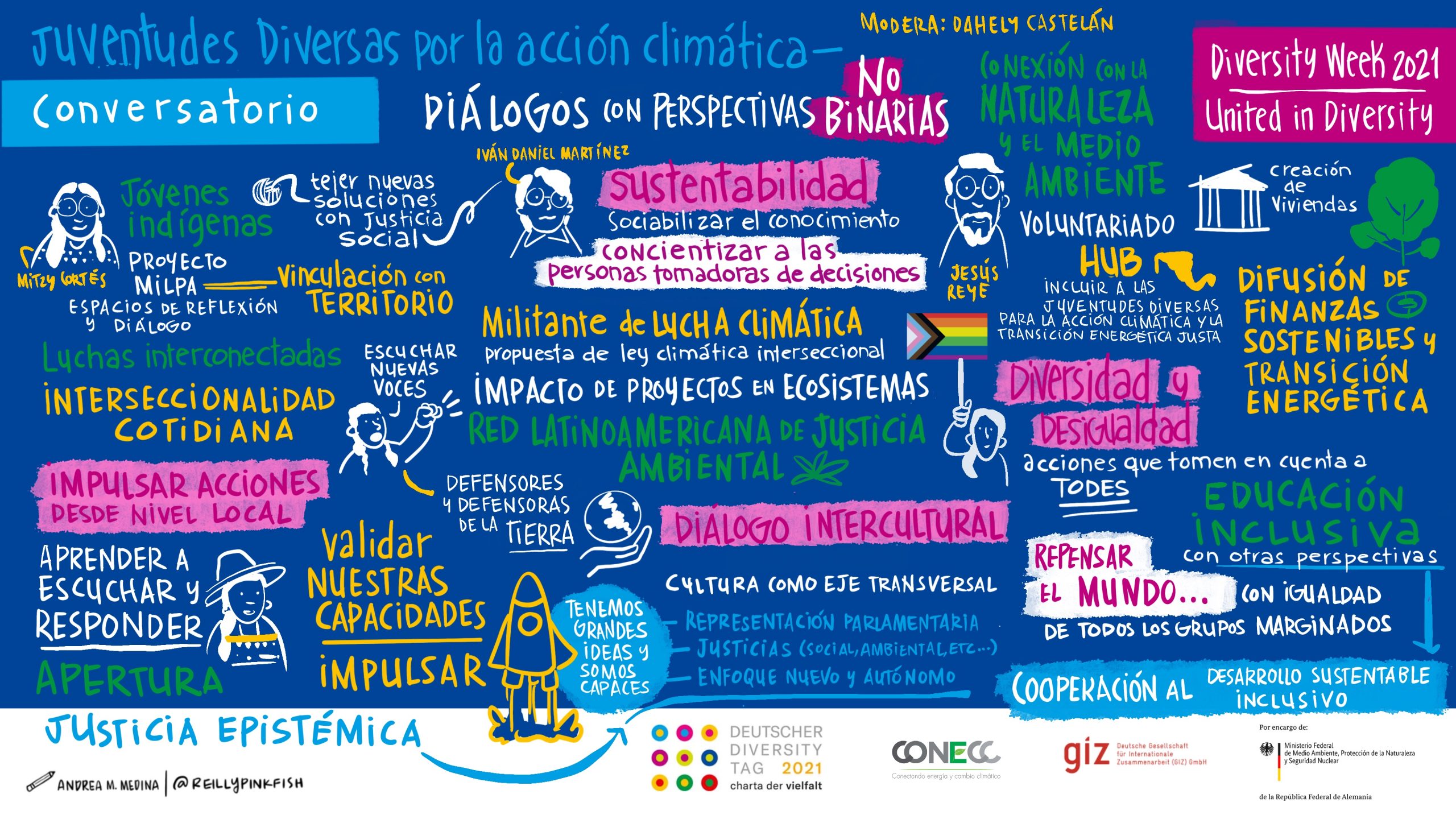Mobilising finance is key to addressing climate change and moving towards low-carbon and resilient economies. These efforts require multi-stakeholder and multi-sector collaboration that include youth, who are contributing to increasing the resilience of their communities by proposing innovative solutions, leading climate action and driving change for the sustainable future we all want to build.
Considering the importance of their inclusion, as part of the Festival of Green and Inclusive Finance 2022 (FFVI), the Working Group on Sustainable, Green and Climate Finance (GT-FIN SVC) of the Deutsche Gesellschaft für Internationale Zusammenarbeit (GIZ) GmbH and the Tecnológico de Monterrey launched the national call “Youth in Action for Green Finance“. It aimed to create a space for dialogue for four youth projects to share their initiatives and achievements, and discuss the opportunities and challenges they face in financing the implementation of the Sustainable Development Goals (SDGs) and the Paris Agreement.
The four innovative projects selected from the call for proposals were presented during the “Youth in Action for Green Finance” session on the third day of the FFVI, where in addition to presenting their projects, the panellists engaged in a discussion about the central role of youth in driving green and inclusive finance, the impact of their projects in promoting the greening of the financial system, social inclusion and climate ambition. One thing that unites these projects, as Daisy Álvarez pointed out, is that they seek “holistic solutions, which consider all possible approaches to sustainable development”.
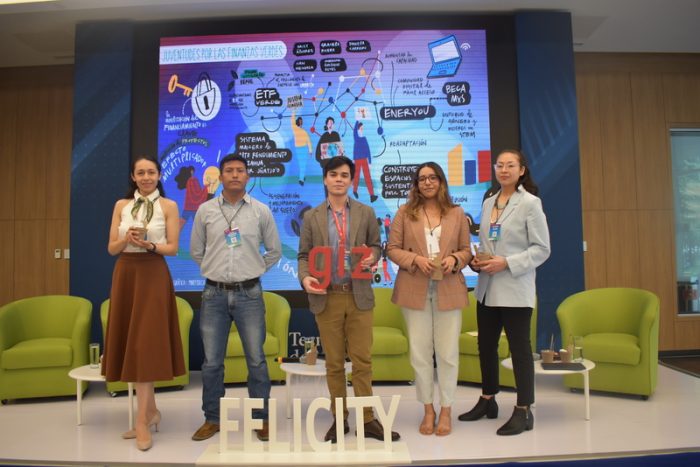
Below are the projects that participated in the FFVI:
EFT Verde – Daniela Carreón
ETT Verde proposes an investment fund initiative made up of a diverse portfolio of shares, bonds and commodities that seek to match the performance of an index, in this case of sustainable and socially responsible companies. Its goal is to generate a common heritage, a plurality of investments representing sustainable society where individual returns are established according to collective results. This academic initiative signals a real opportunity for the financial sector to take climate action.
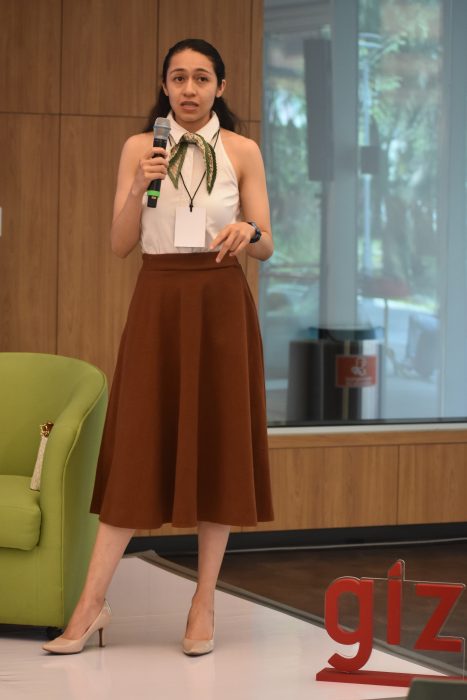
EnerYOU: Women for Sustainability Fellowship – Graciela Rivera
The Women for Sustainability Scholarship (MXS Scholarship) is a co-investment initiative driven by the EdTech startup, EnerYOU, to reduce the gaps between knowledge, education and professionalisation, as well as to strengthen the labour inclusion of women in the energy and sustainability sector. Through professionalisation and knowledge creation, they will be able to contribute to climate action solutions that improve the planet and the communities in which they operate.
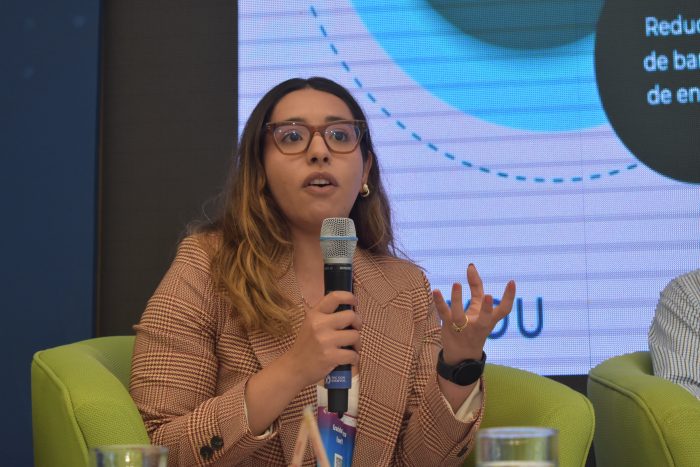
Mazahua High Yield Maize System. SMAR Jñatjo’o – Ivan Mendoza
SMAR Jñatjo’o seeks to connect the Mazahua community with ethical and profitable livelihood opportunities through the fusion of traditional knowledge and technology, with the aim of slowing soil erosion through ethical and sustainable agricultural processes. This project highlights the importance of including communities that face greater vulnerability to climate change, such as indigenous peoples, considering that Mexico’s natural system is sensitive to climate change and is exacerbated by anthropogenic activities such as land use change, mainly due to agricultural activities (ADCOM, 2022).
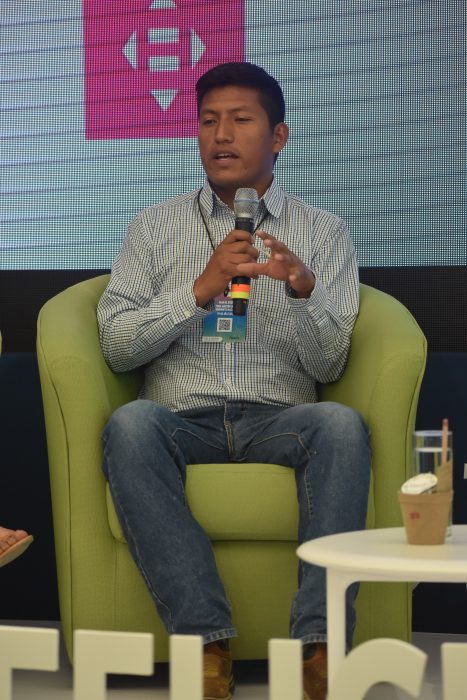
Building green and sustainable spaces for all – Daisy Álvarez
The Building Green and Sustainable Spaces for All project seeks the collaborative retrofitting of public spaces through sustainable structures such as planters with recycled materials, drip irrigation, phytoremediation for urban water and soil, and self-supply of electricity, which respond to and involve communities.
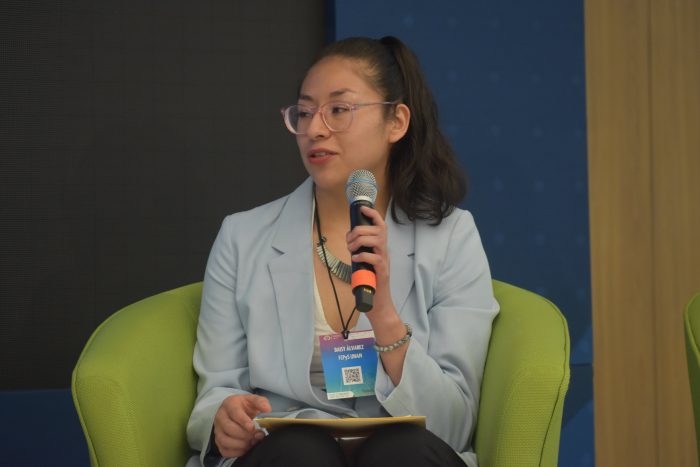
Youth are at the centre of climate action and are agents of change seeking to build a sustainable future. Creating spaces for multi-stakeholder dialogue that includes them is crucial to catalyse climate ambition and spread the word about the projects already underway.
We hope that by learning about these projects “more young people will believe and see that it is possible to make gradual progress on climate change issues with high-value projects”, as Ivan Mendoza said. Be part of the green generation!
Get to know the factsheet with the FFVI youth projects:
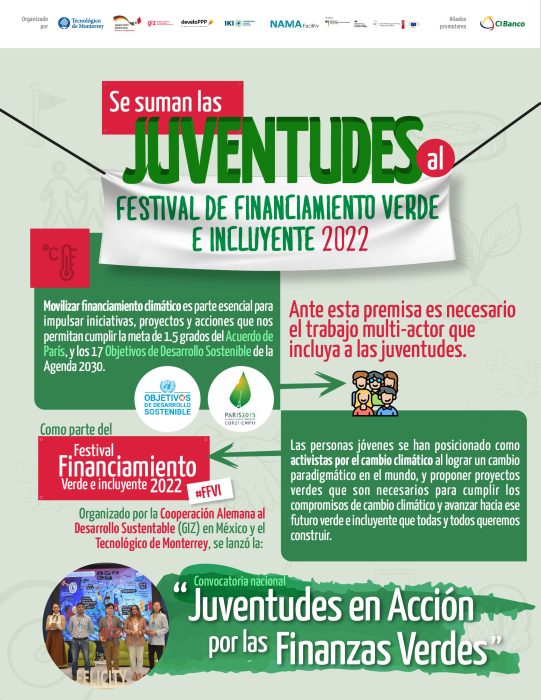
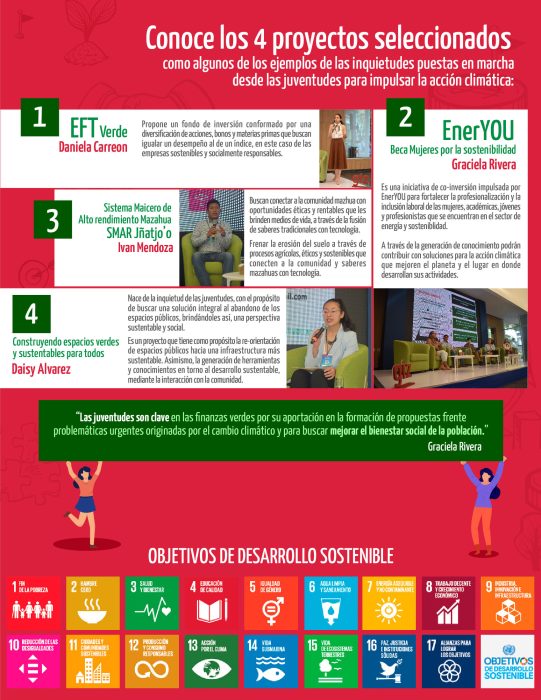
You can check the full session here.
Learn more: Green and Inclusive Financing Festival 2022

